Michael R. Page, PharmD, RPh
Articles by Michael R. Page, PharmD, RPh

A large epidemiologic study in Baltimore and Philadelphia shows that patients with mental illness are 4 times more likely to have HIV infection than the general population. Results of this study reveal a need for routine HIV screening in mental health facilities.

The National Institutes of Health guidelines for prevention of HIV transmission from mother to child were updated on March 28, 2014.

New atrial fibrillation treatment guidelines from the American Heart Association and American College of Cardiology clarify the role of novel oral anticoagulants and rate/rhythm control medications.
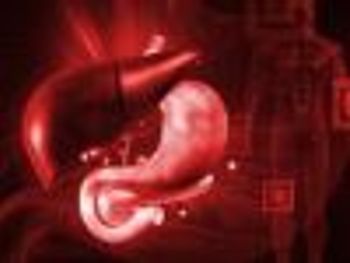
In a phase II trial, combination treatment with simeprevir and sofosbuvir yields functional cure rates exceeding 90% in patients receiving 12 weeks of therapy-even among difficult-to-treat patients.
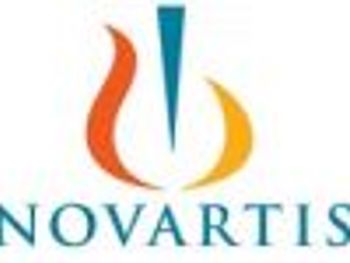
The new design may potentially improve adherence and outcomes for patients with relapsing-remitting multiple sclerosis.
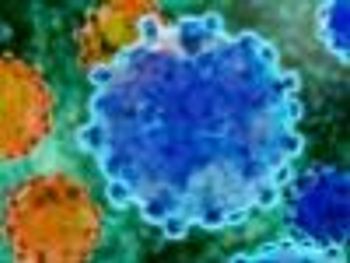
Bristol-Myers Squibb submitted NDAs for daclatasvir and asunaprevir. Although asunaprevir is limited to treatment of genotype-1 HCV, a combination of daclatasvir with sofosbuvir may be useful in a range of HCV genotypes.
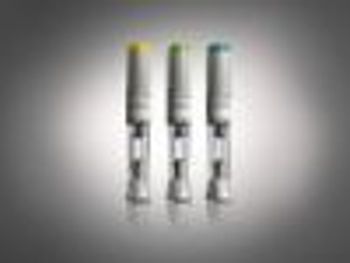
Patients taking Rebif (interferon beta-1a) may ask specialty pharmacists about recent reports of an increased risk of malignant hypertension with this specific formulation of interferon beta-1a.

A study of renal denervation therapy may have been underpowered to detect important improvements in blood pressure control over a 6-month period.
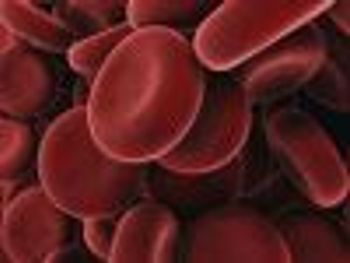
Early results of a phase-1/-2a indicate that an infused monoclonal antibody treatment may target the abnormal cells associated with multiple myeloma while stimulating an immune response.

Researchers in the United Kingdom have shown a reduction in the rate of brain atrophy progression with use of 80-mg simvastatin daily in patients with secondary-progressive multiple sclerosis over a 2-year period.

Researchers find that full implementation of recently released dyslipidemia management guidelines would help prevent 475,000 additional cardiovascular events.

More patients with Lynch syndrome will be eligible for genetic testing with availability of a new, more sensitive assay from Myriad Genetics and support for wider use of the test through guidelines issued by the National Comprehensive Cancer Network.

Using a very high sensitivity assay analyzing changes in levels of MPO and troponin I before, and 3 months after starting a chemotherapy regimen, investigators were able to predict 46.5% of cases of chemotherapy-associated cardiotoxicity before they occurred.
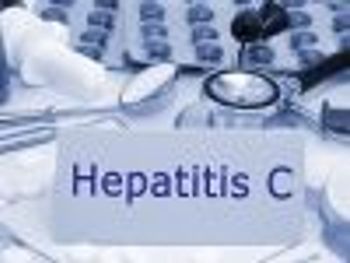
Of the 3 to 4 million Americans with chronic HCV infection, only 13% to 18% have received treatment. Understanding the current guidelines in HCV treatment and understanding the current role of direct-acting antiviral agents is an important priority for pharmacists.

Trokendi XR (topiramate) is an antiepileptic drug FDA approved for treating partial-onset seizures and primary, generalized tonic-clonic seizures in patients 10 years and older and for adjunctive use in children as young as 6 years with Lennox-Gastaut syndrome or partial-onset seizures.

A combination of daclatasvir and asunaprevir for type-1b hepatitis C virus infection has received breakthrough therapy designation by the FDA, meaning a faster path to approval.

Isotretinoin, a treatment for severe acne, has been linked to inflammatory bowel disease (IBD) in some case reports and 1 study. To investigate whether isotretinoin can induce IBD, French researchers conducted a 2-year nationwide registry study.

Poorly controlled type 2 diabetes mellitus in patients with multiple myeloma (MM) may increase the risk of adverse cardiovascular outcomes, kidney damage, and peripheral neuropathy. Considering the effect of medications to treat MM on blood glucose control may be an important part of choosing a treatment regimen for some patients.

Furiex Pharmaceuticals, Inc, has completed phase-3 trials of eluxadoline, which may help improve quality of life for those with diarrhea-associated irritable bowel syndrome.

A recent analysis indicates that limiting intake of refined sugar to at most 10% of all calories reduces the risk of experiencing a fatal cardiovascular event.
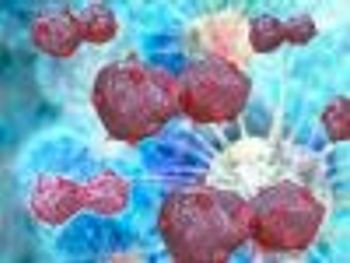
Scientists are using monoclonal antibodies to help the body fight off tumors in the same way that the body fights off infections. Monoclonal antibodies that target the interaction of programmed-death receptor-1 (PD-1) on T cells and its ligand (PD-L1) on tumor cells. Merck's MK-3475 prevents the interaction of PD-1 and PD-L1, thereby inhibiting a mechanism by which some tumors avoid immune detection.

With the approval of several new therapies in hepatitis C, by late 2013, the 2011 hepatitis C treatment guidelines were well out of date. A multidisciplinary group of infectious disease specialists and hepatology specialists have changed that with a website offering treatment guideline updates at unprecedented speed.

Following the urging of many health care and public health organizations, CVS Caremark will become the first national pharmacy chain to stop selling cigarettes and tobacco products.

The race is on to develop a topical preventive agent for reducing the transmission of HIV. Researchers at the University of Texas report in vitro efficacy of a vaginal cream containing silver nanoparticles. Other researchers are already reporting favorable results in human studies of an antiretroviral-containing gel.

A recent trial indicates that the antinausea medication ondansetron may have some utility in treating the symptoms of diarrhea-associated irritable bowel syndrome.

Close on the heels of Vertex Pharmaceuticals' and Bristol-Myers Squibb's announcement of 4-week sustained viral response (SVR4) results with VX-135 and daclatasvir, Medivir AB and Idenix Pharmaceuticals, Inc announce SVR4 results with simeprevir, ribavirin, and samatasvir.

The combination of Bristol-Myers Squibb's daclatasvir and Vertex Pharmaceuticals' VX-135 shows early promise as an all-oral ribavirin-free and interferon-free treatment for hepatitis C.

MitoQ, an antioxidant drug under development by Antipodean Pharmaceuticals Inc, may have potential in treating multiple sclerosis in addition to other neurologic diseases.

An immunotoxin code-named 3B3-PE38 may help shut down HIV-infected cells, according to researchers reporting results of a trial in 40 humanized mice.

Receptos is set to start phase III trials of a sphingosine-1–phosphate-1–receptor modulator codenamed RPC1063. Trial investigators are recruiting participants.





























